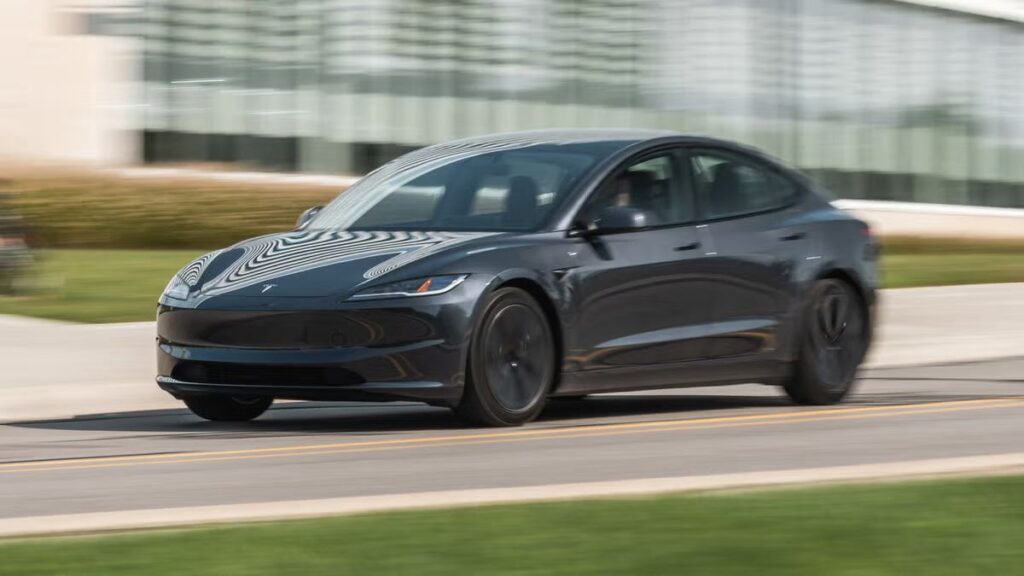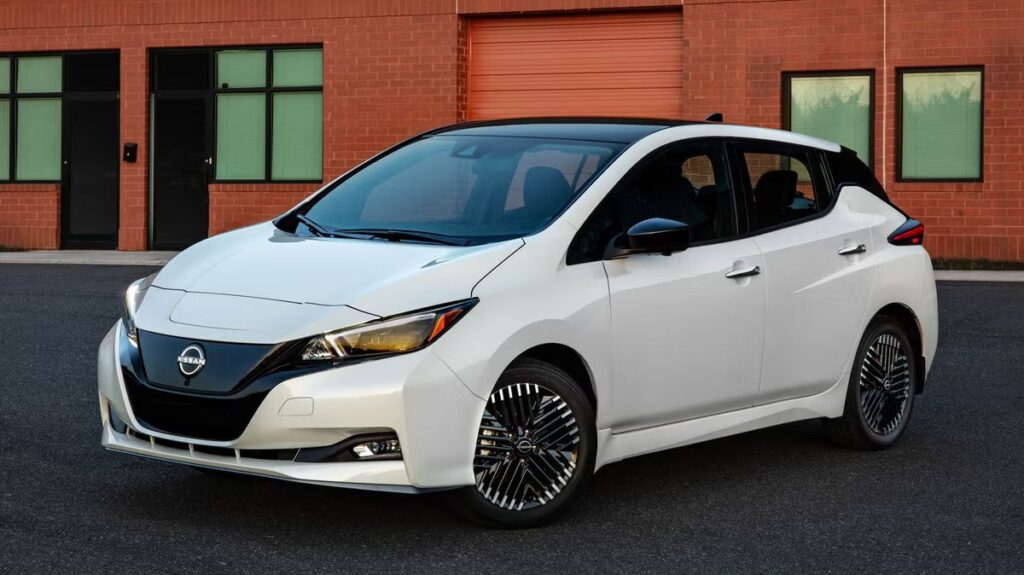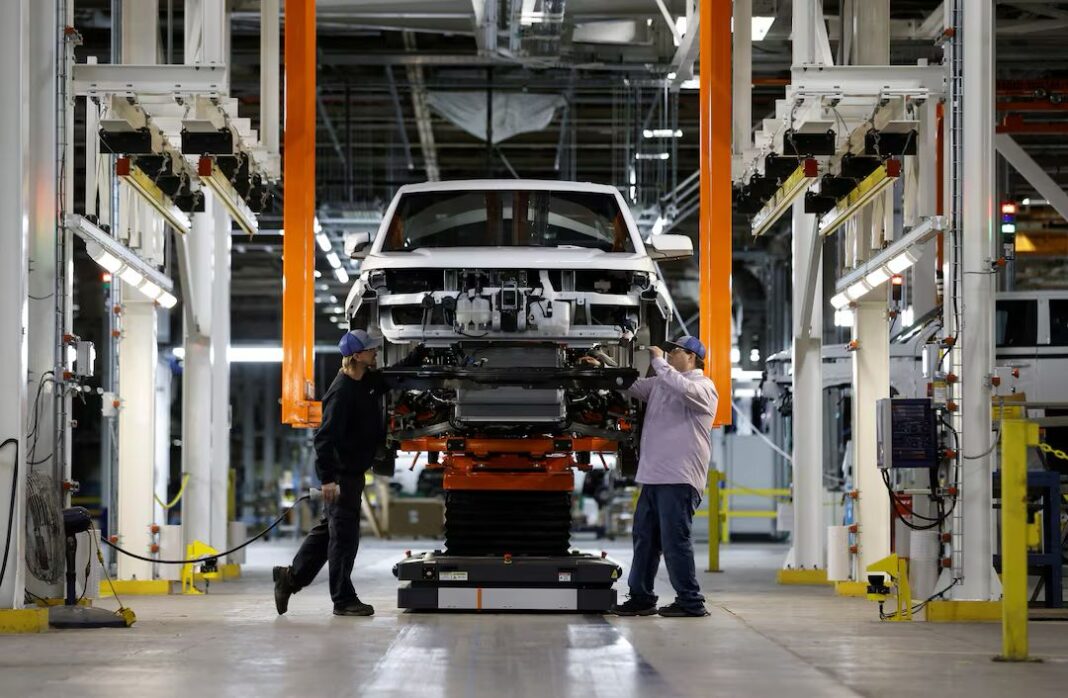Auto manufacturers today are facing a huge challenge transitioning from gasoline-powered cars to electric vehicles, with Tesla the trailblazer. When Tesla began production in 2008, it started as an unconventional idea in the automotive industry but has since shown that with creativity, smart technology, and a willingness to take risks, it’s possible to build innovative and environmentally friendly cars.

Traditional car companies, which have spent decades perfecting the art of making combustion engines, have been forced to revisit their production lines. They are not just changing a part of the car; they are changing more including the design, and production of new batteries, and electric motors to updating software systems that control everything from energy management to in-car entertainment.
For many of these established manufacturers, the transition means investing large amounts of money into research and development, even as they try to work around old habits and systems that were built for a completely different era. Factories that once hummed with the sound of stamping metal parts for engines now have to be retooled and sometimes even completely rebuilt to handle the delicate work of assembling sophisticated battery packs and electric drive systems.
The supply chains have to be completely redesigned too, with companies now seeking secure access to essential materials like lithium, cobalt, and nickel resources that are critical for making high-performance batteries. Tesla’s streamlined manufacturing process has set a new benchmark in this respect; its ability to scale up production quickly and efficiently has challenged many older firms to rethink how they organize their factories, hire technicians, and manage production schedules.
In addition to the practical challenges of changing their production methods, car companies are also facing a shift in how they reach and serve their customers. Tesla’s direct-to-consumer sales approach has removed the traditional middleman that many long-established companies have relied on, forcing these companies to redesign their sales and service networks.
Customers today demand regular software updates, over-the-air improvements, and an experience that feels modern and intuitive, a set of expectations that Tesla has mastered and that many other manufacturers are now striving to meet. The pressure is also coming from government policies; many countries are imposing stricter limits on emissions and offering incentives for electric car buyers, which means there is both a regulatory push and a market push for cleaner, greener vehicles. These rules are not just about saving the planet they also affect financing, subsidies, and even tax policies, making the shift to electric vehicles a matter that touches every part of the business.
The change isn’t only about technology and production; it’s also a human challenge. Thousands of engineers, mechanics, and other skilled workers who have spent their careers working with traditional engines now need to learn entirely new skills. They must understand complex battery management systems, deal with advanced computer software, and adapt to new methods of troubleshooting and maintenance. Many manufacturers have launched training programs and are working with colleges and technical schools to help their workforce catch up. This new era demands both fresh talent and a willingness to embrace change from everyone in the organization. There is a palpable sense of urgency, as each day that passes brings these companies closer to a tipping point where adapting successfully could mean the difference between staying competitive or falling behind.
Looking at Tesla, one can see how a company that was once seen as a small, risky startup has grown into an industry leader that has redefined what modern cars can be. Their focus on innovation, efficiency, and customer experience has pushed other companies to innovate at an unprecedented pace. Tesla’s continuous stream of over-the-air updates has not only improved vehicle performance but also helped them build a strong, ongoing relationship with their customers. This innovative model has set the pace for the entire industry, demonstrating that success in the electric vehicle market requires not just a high-tech product but also a forward-thinking approach to business in every aspect from production and supply chain management to sales and after-service support.

As manufacturers around the world work to catch up with Tesla’s example, they are learning that the race to electrification is about more than just producing a greener car. It represents a complete reimagining of how vehicles are designed, built, sold, and maintained in a world where environmental concerns and digital technology are reshaping everyday life. The transformation is massive and touches on nearly every part of the automotive industry. It is a journey filled with both risks and opportunities a transition that requires companies to be both flexible and innovative. In the end, the success of this shift could lead to a future where cars are not only cleaner and more efficient but also smarter and more connected, offering an entirely new driving experience that aligns with the global push toward a more sustainable world.




